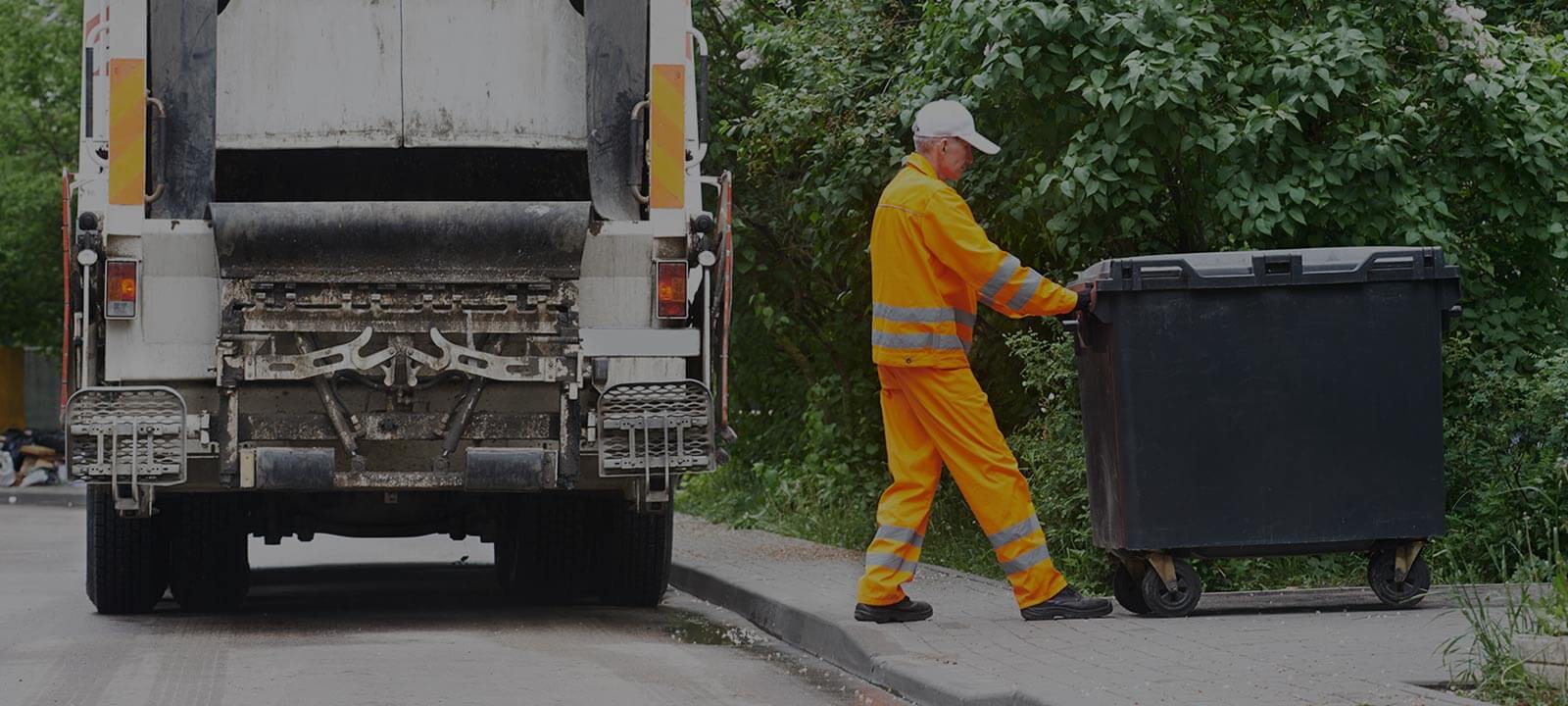Skip Hire vs Skip Bags: User Guide
Posted on 25/07/2024
When it comes to waste disposal, choosing the right method can save you time, money, and effort. Two popular options are skip hire and skip bags. Although they may seem similar, they have distinct differences and benefits. In this comprehensive user guide, we will explore the advantages and disadvantages of both skip hire and skip bags to help you make an informed decision.
Understanding Skip Hire
Skip hire involves renting a large, heavy-duty container (known as a skip) for a specified period. These skips are ideal for disposing of a substantial amount of waste from construction projects, home renovations, and big clean-outs.
How Does Skip Hire Work?
1. Choose the right size: Skips come in various sizes, typically ranging from 2 to 16 cubic yards.
2. Delivery and Placement: The skip hire company delivers the skip to your site and places it in a convenient location.
3. Filling the Skip: You fill the skip with your waste materials.
4. Collection and Disposal: Once the skip is full, the company collects it and disposes of the waste responsibly.

Understanding Skip Bags
Skip bags are durable, flexible bags that you can purchase from hardware stores or online retailers. They are often made from woven polypropylene fibers and are a more flexible option compared to traditional skips.
How Do Skip Bags Work?
1. Purchase and Unfold: Buy the appropriate size skip bag and unfold it at your site.
2. Fill the Bag: Place your waste into the bag as you generate it.
3. Collection Request: Once the bag is full, contact the collection service, and they will pick it up for disposal.
Pros and Cons of Skip Hire and Skip Bags
Pros of Skip Hire
- Large Capacity: Skip hire is suitable for disposing of large volumes of waste.
- Range of Sizes: Skips come in various sizes, catering to different project needs.
- Durability: Built to handle heavy and bulky waste materials.
- Convenience: Ideal for long-term projects where ongoing waste collection is necessary.
Cons of Skip Hire
- Requires Space: Skips need significant space for placement, which can be challenging in urban areas.
- Fixed Schedule: You have limited time to fill the skip before it is collected.
- Permit Requirements: May require a permit if placed on public property.
Pros of Skip Bags
- Flexibility: Can be filled at your own pace and collected when convenient.
- Compact Storage: Easier to store before use compared to skips.
- No Permits Needed: Generally, you do not need a permit to place skip bags on your property.
- Cost-Effective: Usually cheaper than hiring a large skip.
Cons of Skip Bags
- Limited Capacity: Best for smaller volumes of waste.
- Durability Concerns: Not suitable for extremely heavy or sharp objects.
- Collection Fees: Separate charges for collection and disposal can add up.
Tips for Choosing Between Skip Hire and Skip Bags
1. Evaluate Your Waste Volume: For large-scale projects, skip hire is more suitable. Skip bags are ideal for smaller, less bulky waste.
2. Consider the Waste Type: Heavier and bulkier items are better suited for skips, while skip bags can manage lighter materials.
3. Check Local Regulations: Determine if a permit is required for skip placement and consider the availability of space.
4. Budget Considerations: Factor in the total cost, including delivery, collection, and possible permit fees.

Takeaways
- Skip Hire: Best for large projects and heavy waste, offering multiple sizes and requiring space for placement and permits.
- Skip Bags: Ideal for smaller projects, providing flexibility and ease of storage without the need for permits.
Conclusion
Both skip hire and skip bags offer viable waste disposal solutions, but your choice should depend on your specific needs, including the volume and type of waste, available space, and budget. By carefully evaluating these factors, you can choose the most efficient and cost-effective method for your waste disposal requirements.
Latest Posts
Reusing for Resource Conservation
Industry applauds government's dedication to improving e-waste recycling practices






